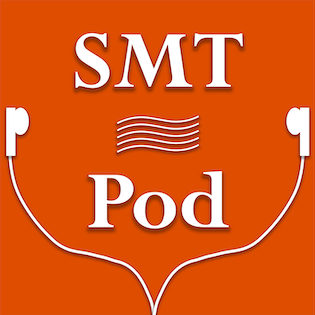About
Mission Statement
SMT-Pod is a creative venue for timely conversations about music, with episodes chosen through an open, collaborative peer review process. Audio-only podcasts offer a unique—though non-traditional—way of engaging with music, analysis, and contemporary issues in the field. This new publication medium affords our society both the ability to face outwards, by engaging in public scholarship, and inwards, by hosting meaningful conversations about the activity of music analysis. The variety of episode topics will reflect the diversity of the scholars and their scholarship in our field, making SMT-Pod an invaluable publication for music analysts at any stage. Through its goal of promoting a sense of community and inclusivity, SMT-Pod will reach beyond the boundaries of the SMT at this critical moment of calls for the revitalization of our field
Read more about our submission process
Read more about our Open Collaborative Peer Review (OCPR)
Read about our ethics and standards for publication
If you have any questions about the process, please feel free to contact the SMT-Pod Board.
Executive
Contact us at smt-pod@societymusictheory.org.
Editor
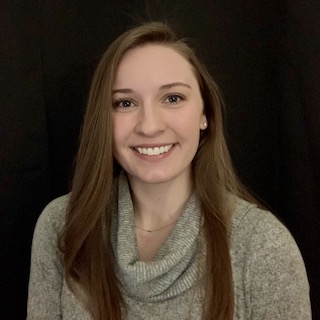
Megan Lyons (2024–2027; Seasons 4–6) is an Assistant Professor of Music Theory at Furman University. Her research areas include music theory pedagogy, Joni Mitchell’s alternate guitar tunings, and the art songs of Amy Beach. She is co-author with Dr. Philip Ewell of “Don’t You Cry for Me: A Critical-Race Analysis of Undergraduate Music Theory Instruction,” a chapter in the edited volume Teaching and Learning Difficult Topics: Reflections from the Undergraduate Music Classroom. Megan received her PhD in music theory and history from the University of Connecticut, an MA in Music Theory and Flute Performance from CUNY Hunter College, and a BM in Music Education and Music Theory from the University of Delaware.
Favorite Podcasts: Hey Riddle Riddle, CounterClock, Basement Yard.
Associate Editors
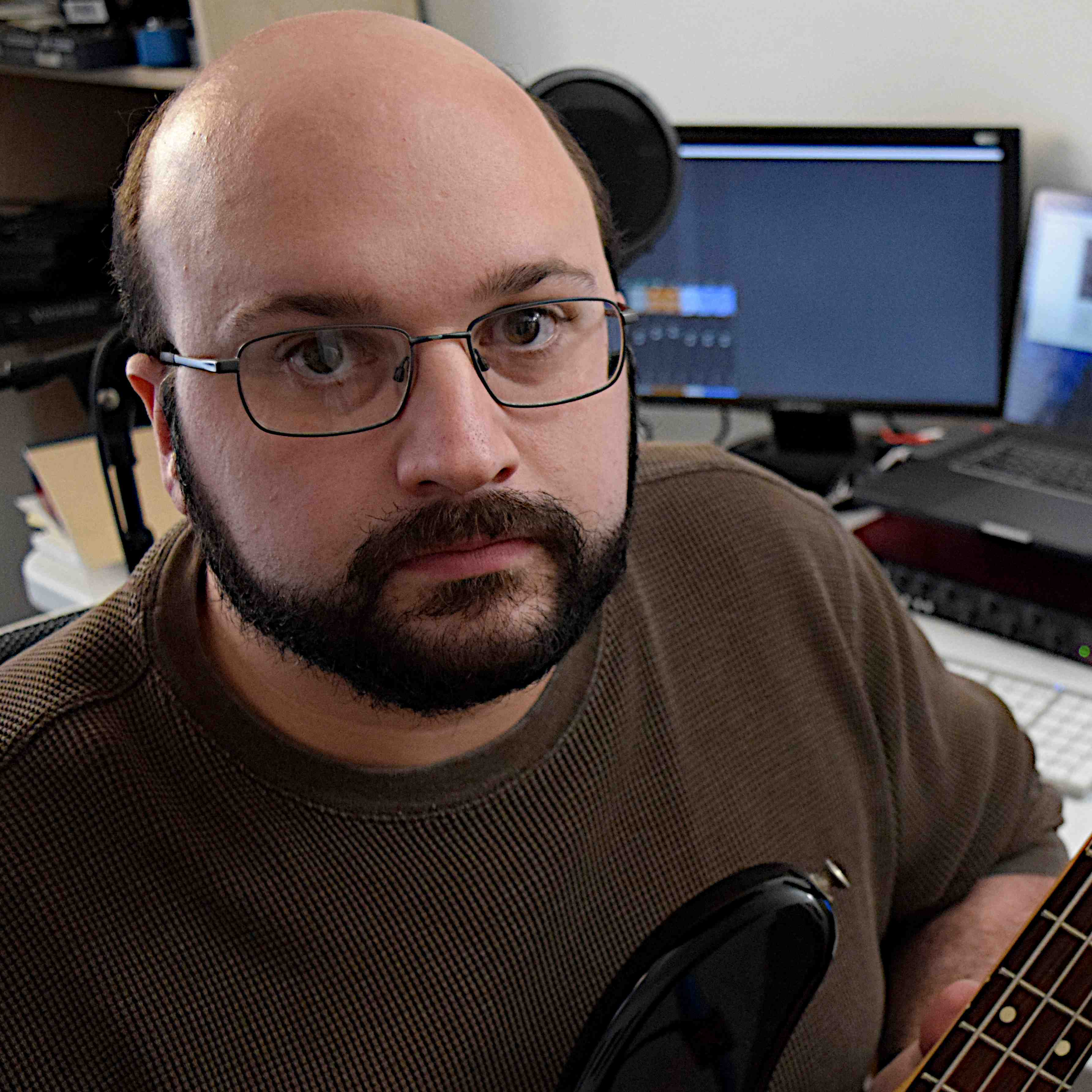
Matthew Ferrandino (2024–2026; Seasons 4–5) is a Lecturer of Music Theory at Eastern Illinois University. He received his Ph.D. in music theory from the University of Kansas. His research focuses on the analysis and interpretation of popular music and musical multimedia. In addition to writing about popular music, he is also an active singer/songwriter and recording artist as well as a sound designer for video games.
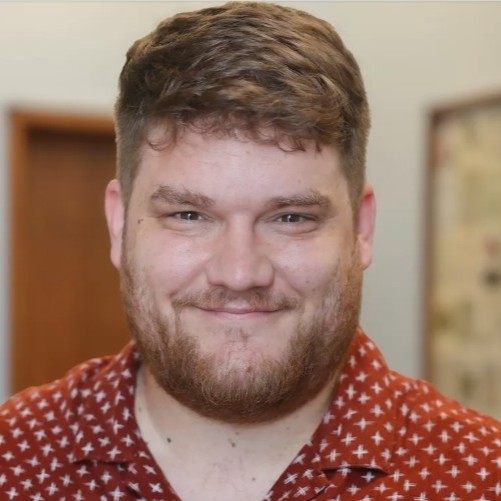
Robert Komaniecki (2025–2028; Seasons 5–7) is a lecturer at the University of British Columbia. He received his PhD in Music Theory from Indiana University in 2019, and has previously taught at Appalachian State University and the University of Iowa. His research interests include rap music, music technology, pedagogy, public music theory, and musicals. Robert's publications can be found in journals such as Music Theory Online, The Journal of Music Theory Pedagogy, and Integral.
Favorite Podcasts: This Guy Sucked, Scamfluencers, Switched on Pop, RadioLab.
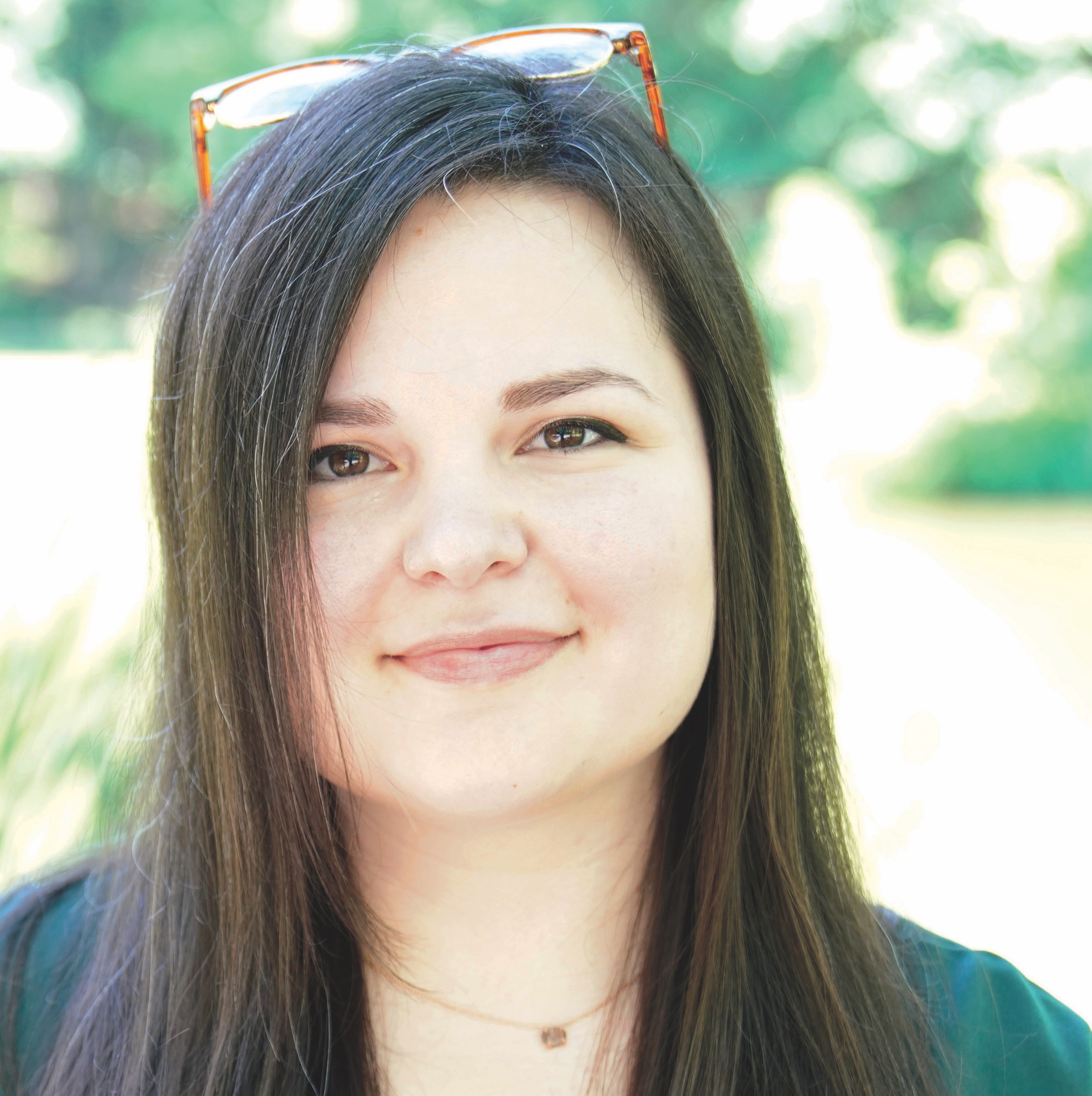
Anna Rose Nelson (2024–2027; Seasons 4–6) is an Assistant Clinical Professor of music theory at the University of Maryland-College Park with research interests in modernist music, early hardcore punk music, sketch study, short forms, and critical theory. She holds degrees in theory and composition, including a PhD in music theory from the University of Michigan (2023). She has presented her work on Theodor Adorno, Brian Ferneyhough, and Anton Webern at multiple national and international conferences.
Favorite Podcasts: The Dollop, KCRW's Lost Notes, My Favorite Murder.
Editorial Board
Program Committee
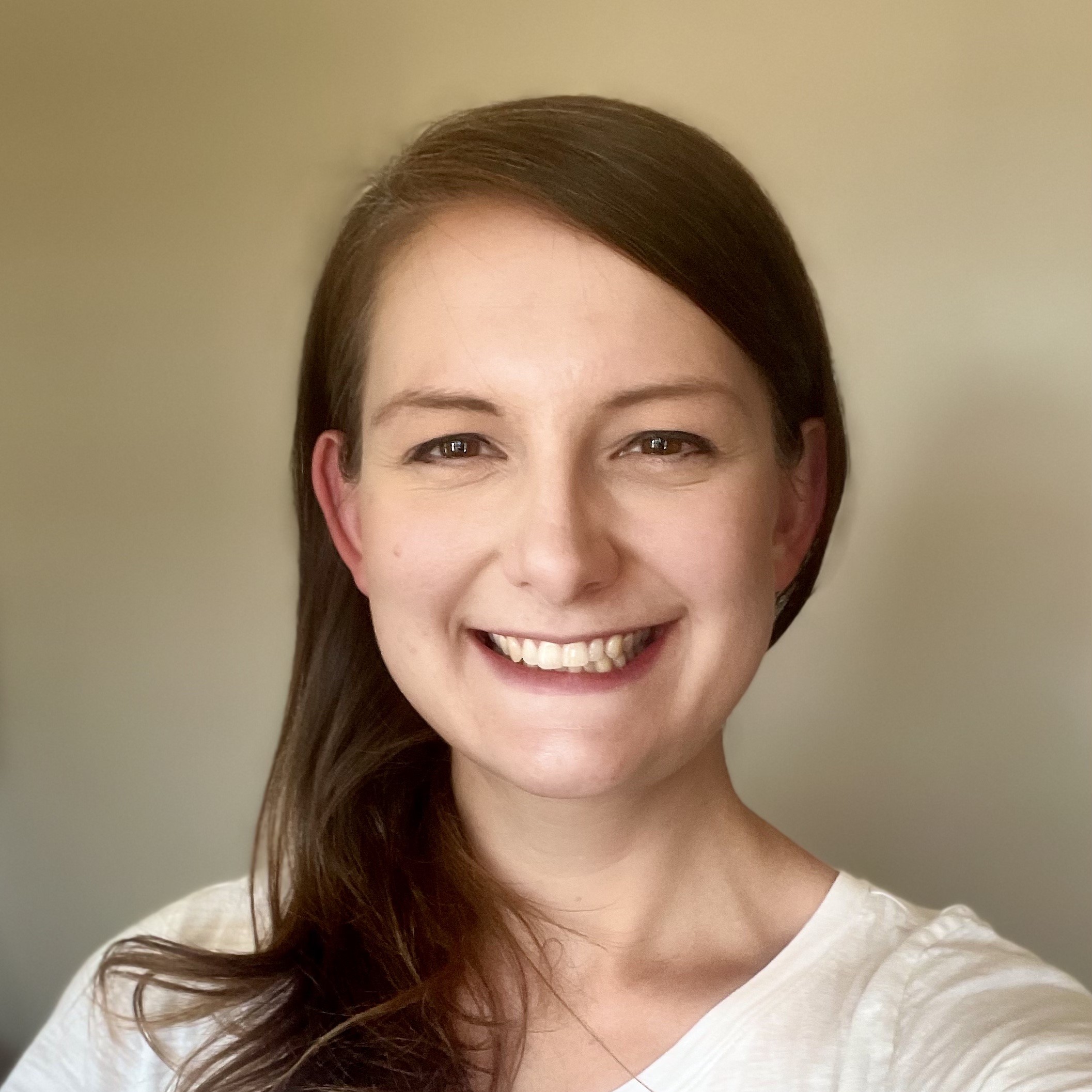
Leah Frederick (2024–2026; Seasons 4–5) is an Assistant Professor of Music Theory at the University of Colorado Boulder with research interests in mathematical approaches to music theory, instrumental spaces, and music theory pedagogy. Her current projects use transformational and geometric techniques to study relationships between patterns in instrumental spaces (i.e., the layout of notes on a physical instrument) and the corresponding pitch relationships that they produce. Her writing appears in the Journal of Music Theory, Music Theory Online, Music Theory Spectrum, and the Journal of the American Viola Society. She completed her Ph.D. in music theory at Indiana University and earned a B.S. in mathematics and a B.M.A. in viola performance from Penn State University.
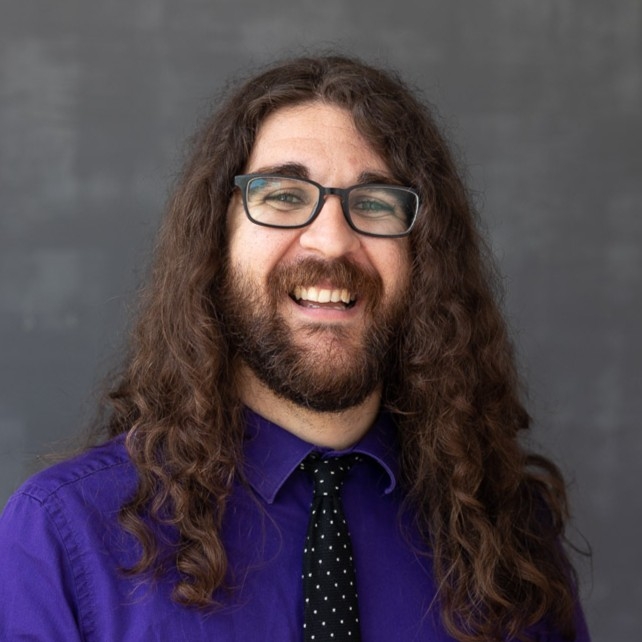
John Heilig (2024–2027; Seasons 4–6) is a PhD candidate in Music Theory at Indiana University. His research interests include twelve-tone music, electroacoustic music, musical texture, and performance and analysis. He holds an MM in Music Theory from Indiana, as well as a BM in Music Theory with a Saxophone Performance certificate from Florida State. His dissertation aims to enliven discourse on musical texture by engaging with music as experienced through performance from the intersecting perspectives of a listener, analyst, and performer. He has most recently served as an instructor of music theory at George Mason University and the University of Maryland. He loves cycling, thrifting, climbing, and living in Buffalo with his wife, small dog, and mean cat.
Favorite Podcasts: Maintenance Phase, You're Wrong About, The Dream, S-Town, The Missing Cryptoqueen.
Orit Hilewicz (2025–2028; Seasons 5–7) is assistant professor of music theory at the Indiana University Jacobs School of Music.
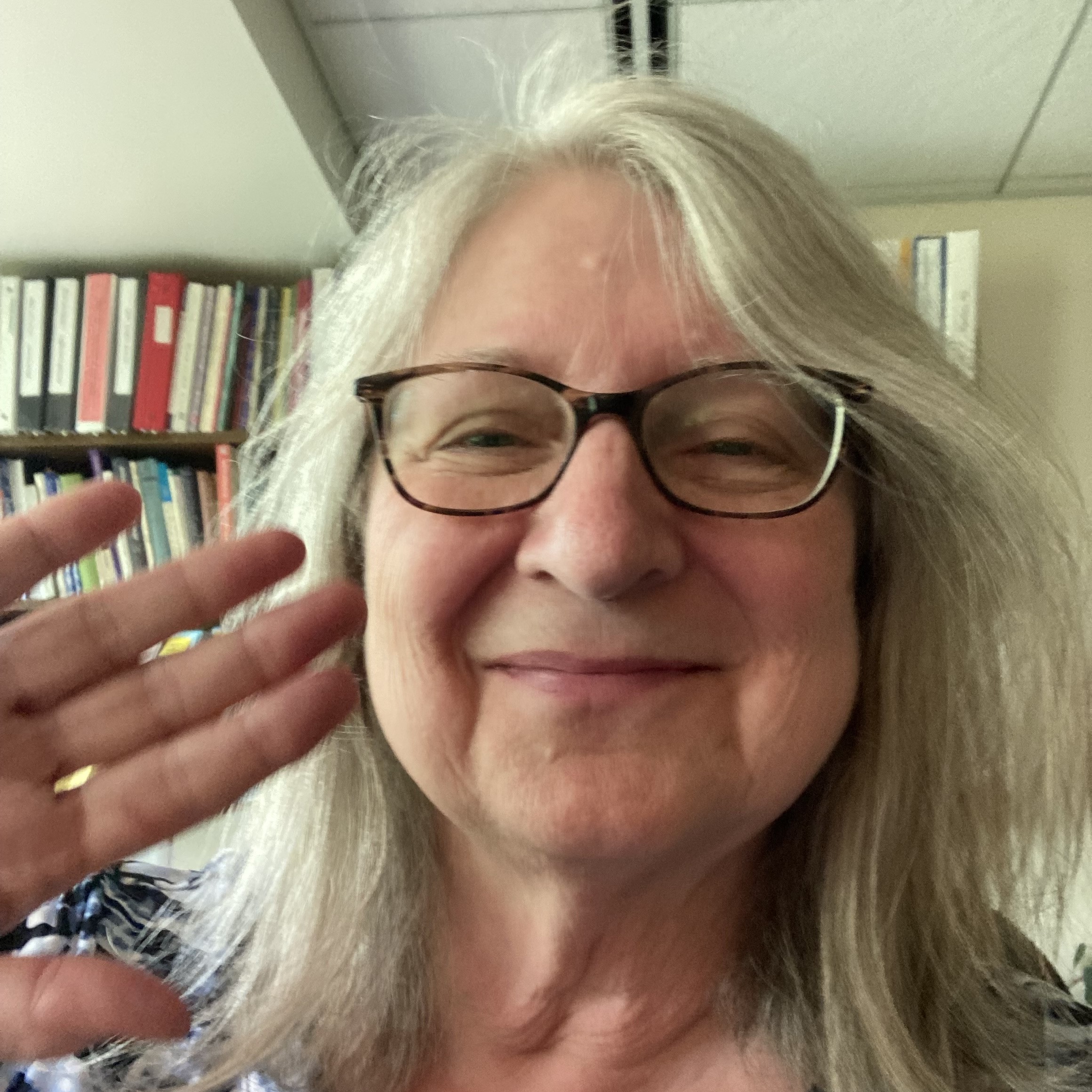
Shersten Johnson (2024–2027; Seasons 4–6) is Professor of Music at the University of St. Thomas in St. Paul, where she teaches music theory and composition. Her interests include contemporary opera, disability and aging studies, and music theory pedagogy. Her publications appear in journals such as Music & Letters and Music Theory Online. She is also author of several book chapters including “Understanding is Seeing: Music Analysis and Blindness” and "Embodied Rhythm and Musical Impact of Ritualized Violence in 20th-century Opera," both in Oxford Handbooks. She is currently working on a monograph with the working title “Aging and Creativity in Britten’s ‘Death in Venice.’”
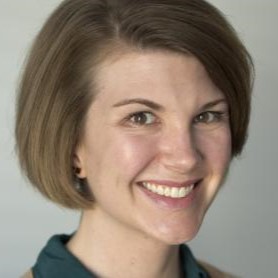
Caitlin Martinkus (2024–2027; Seasons 4–6) teaches music theory courses at Penn State University. Her research interests include musical form in the nineteenth century, historical and contemporaneous theories of musical form, and the music of Franz Schubert. Caitlin has presented at both the national and international level and her publications have appeared in Music Theory and Analysis, Music Theory Online, Theory and Practice, and Music Analysis, with work forthcoming in The Oxford Handbook of Musical Variation and in an edited collection on the nineteenth-century violin concerto with Cambridge University Press. Caitlin completed her PhD in music theory at the University of Toronto; she is an affiliate of the Centre for the Study of Nineteenth-Century Music at the University of Toronto and a founding member of Open the Gates—a research collective centering issues of access and inclusion in tabletop roleplaying games.

Clair Nguyen (2025–2028; Seasons 5–7) serves as Lecturer in Music Theory at UNC Greensboro. Her primary research focuses on the intersections of music theory and film & media studies that includes films, music videos, video games, theme park music, Japanese anime, and Hatsune Miku rhythm games. Her secondary research area centers on Vietnamese popular and traditional music, including the vọng cổ tradition. She currently serves as advisor for the UNCG Animation Club as well as co-chair for the Society of Music Theory’s Film and Multimedia interest group.
Clair also presented her research at conferences such as All Ears: Music and Sound in and Beyond Disney Theme Parks, the Ludomusicology Study Group of the American Musicological Society, Music and the Moving Image, Music Theory Midwest, the North American Conference on Video Game Music, and the Society for Music Theory. She also presented at the 2025 JAMS@AX Academic Symposium that reached Anime Expo audiences beyond the scope of traditional academia.
Favorite Podcasts: Writing Excuses, Imaginary Worlds, Dark Dice.

Joseph Straus (2024–2026; Seasons 4–5) is a music theorist specializing in music since 1900. He has written technical music-theoretical articles, analytical studies of music by a variety of modernist composers, and, most recently, a series of article and books that engage disability as a cultural practice. Many of his books and articles have received publication awards from the Society for Music Theory (SMT), of which he was President from 1997–99.
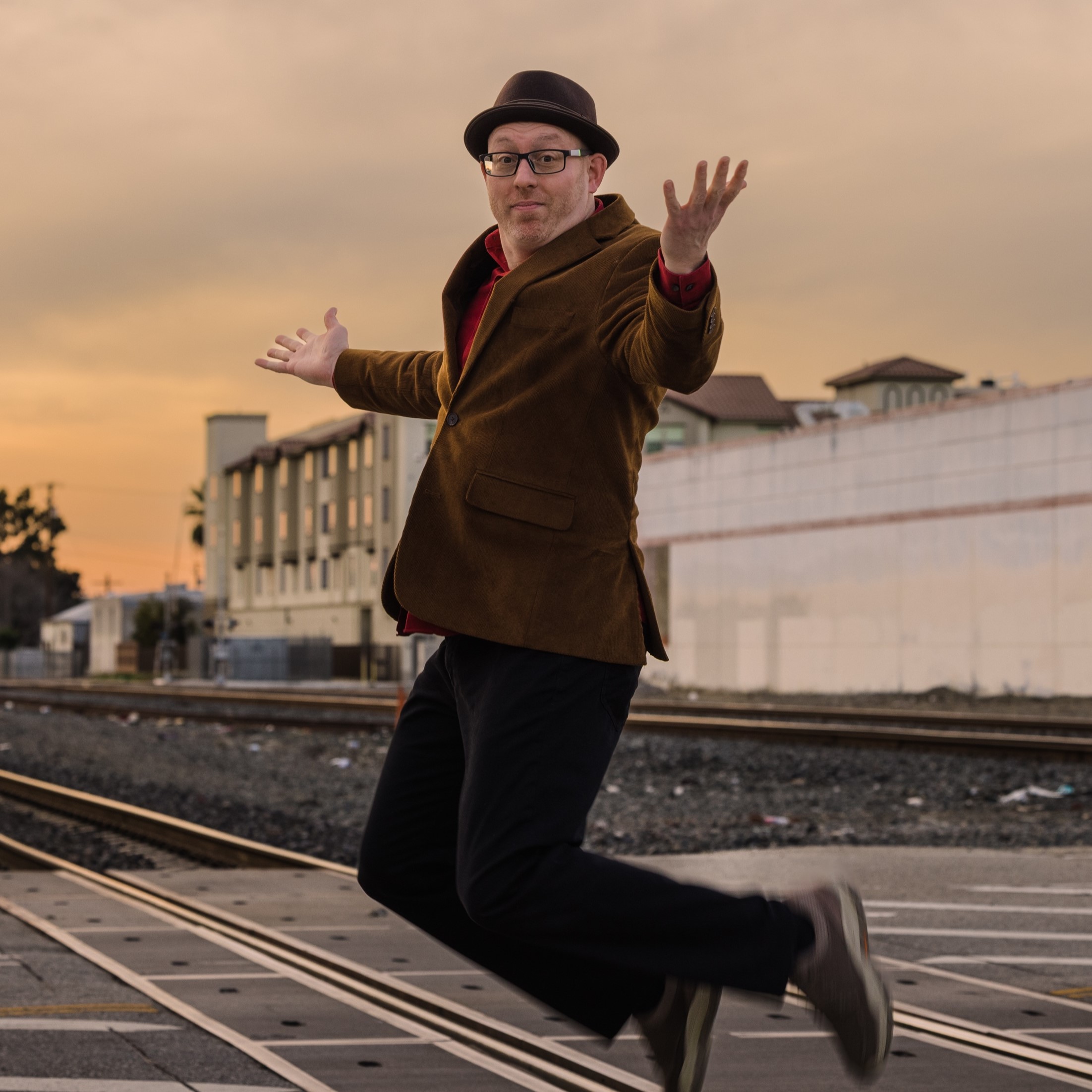
Evan Ware (2024–2027; Seasons 4–6) is an Associate Professor of Music – Theory and Composition at California State Polytechnic University Pomona. He received his PhD in Composition and Music Theory from the University of Michigan. His research interests include cover songs, musical reinterpretation, music in multimedia, music theory pedagogy, and George Walker’s song cycle Lilacs. Ware is the co-editor of Music in Star Trek: Sound, Utopia, and the Future (Routledge 2023). His album, The Quietest of Whispers: Symphonies No. 1 and 2 was released on Neuma Records in 2023.
Favorite Podcasts: Hidden Brain, Throughline, White Lies.
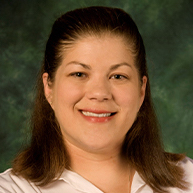
Jennifer Weaver (2021–2026; Seasons 1–5) is Chair of the Music Department and Professor of Music at Dallas Baptist University. She earned her Ph.D. in Music Theory at the University of North Texas. She received a Bachelor's degree in Music Education from Cedarville University and a Master's degree in Music Theory from the University of North Texas. A recipient of the Priddy Fellowship in Arts Leadership (2006–2007), Jennifer has worked within the leadership of several arts organizations, including Shakespeare Dallas and the Murchison Center for the Performing Arts. At Dallas Baptist University, she has been a recipient of both the Outstanding Adjunct Professor and Outstanding Full-time Faculty member in the Department of Music. Her major research areas include twentieth-century music, history of music theory, opera, and music theory pedagogy. Alongside Dr. Benjamin Graf and Dr. Paul Thomas, Jennifer is the co-host of the successful Music Theory Pedagogy podcast Note Doctors. Jennifer sings alto in the Dallas Symphony Chorus and is married to Jonathan Bakdash.
Production Committee
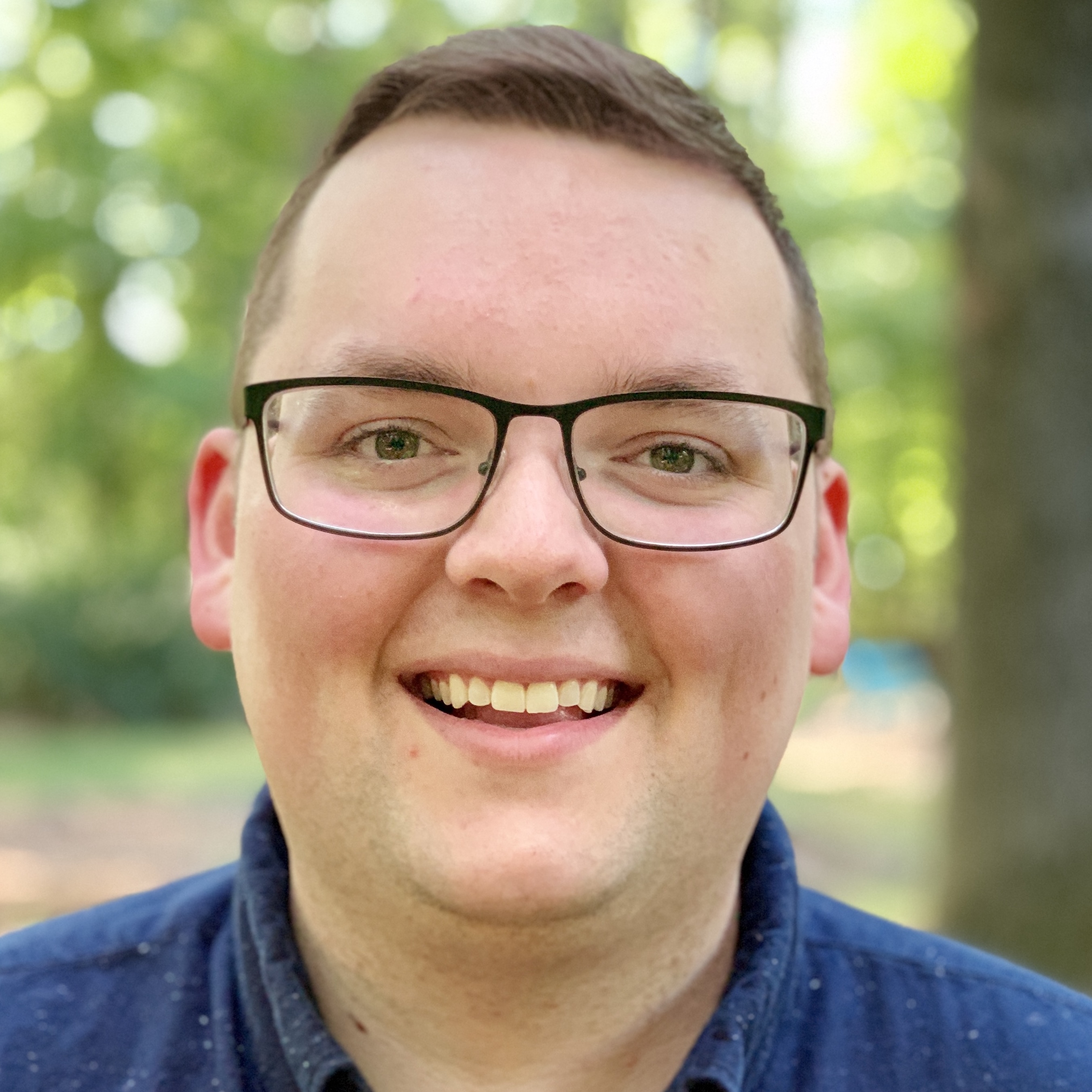
Chair: Zachary Lloyd (2023–2026; Seasons 3–5) is a Ph.D. Candidate in Music Theory at Florida State University. He holds a Masters degree in Music Theory from Michigan State University and a Bachelors in Music from Appalachian State University. As a music theorist, Zachary is interested in the ways that meaning is expressed through music. His research has explored various musical styles ranging from 20th century piano repertoire by Florence Price to musical theater scores as recent as 2022.
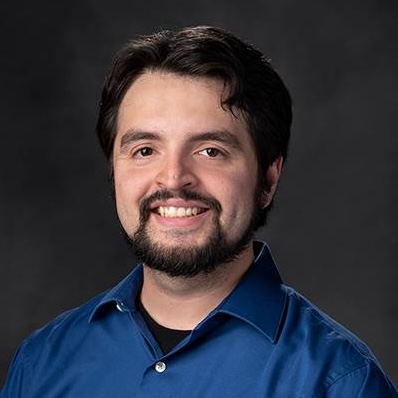
José Garza (2023–2027; Seasons 3–6) is an Associate Professor of Instruction in Music Theory and Aural Skills at Texas State University. He received his Bachelor’s degree in Music Studies and Master’s degree in Music Theory from Texas State University, then attended Florida State University, where he received his Ph.D. in Music Theory. His scholarship deals primarily with rhythm, meter, and musical meaning in popular music, particularly metal and punk rock. His other research interests include video game music, percussion repertoire, and twentieth- and twenty-first-century art music repertoire.
Jason Jedlička (2024–2027; Seasons 4–6) is an Assistant Professor of Music Theory at Belmont University.
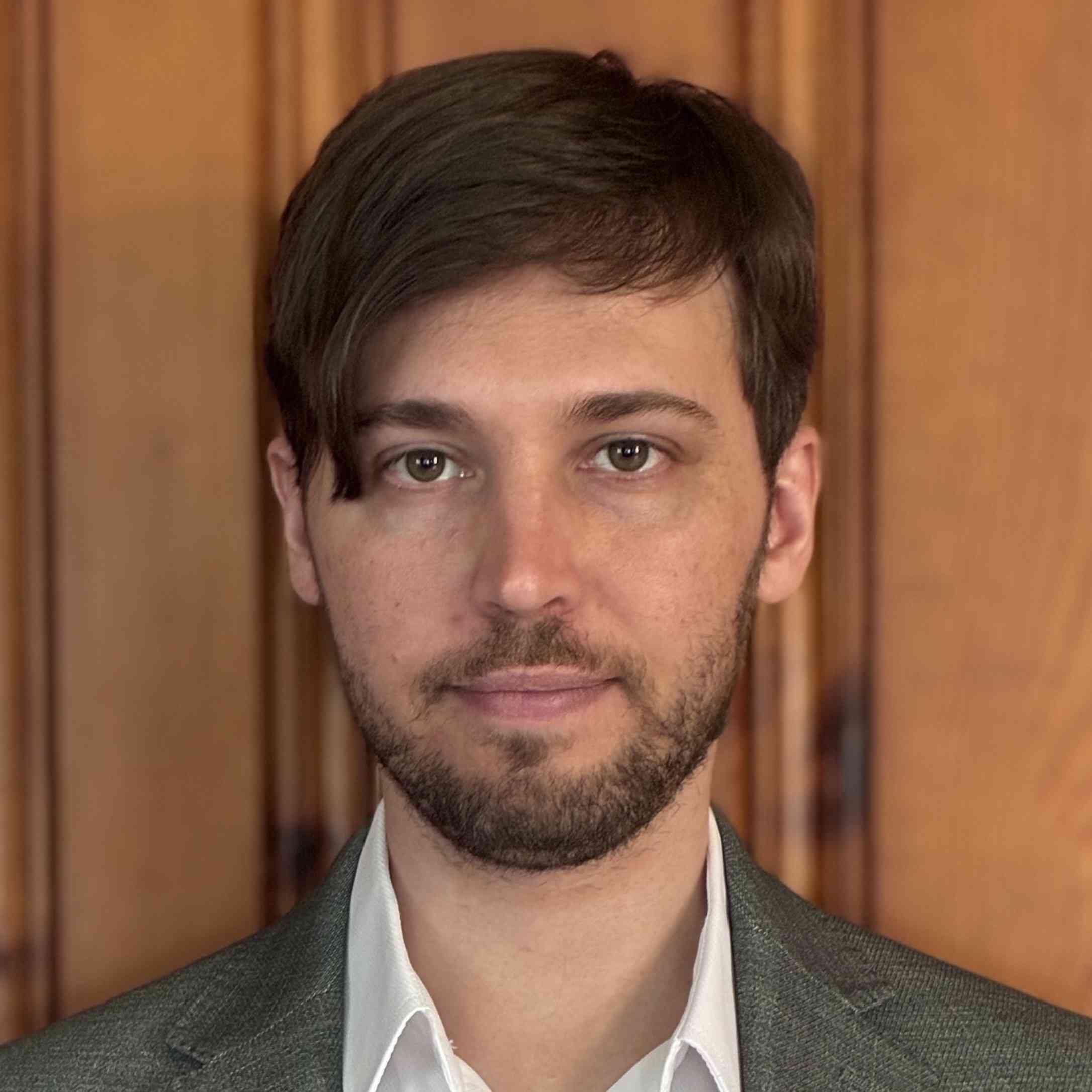
Mark Micchelli is a Visiting Assistant Professor of Composition at West Virginia University. His research interests include improvisation, performance analysis, tonal gravity, and creative practice as a mode of music-theoretical inquiry. As a composer, he writes music that hybridizes contemporary classical, jazz, and popular music idioms, often incorporating electronics and multimedia elements. He has published work in Music Theory Online and SMT-Pod, and his debut album Glitched-On Bop was released on New Focus Records in 2025. More at markmicchelli.net.
Alex Sallade is on the faculty of The Ohio State University.
Composition Chair

Frank Nawrot (2024–2027; Seasons 4–6) is a composer, guitarist, and scholar. His original music is inspired by Danny Brown, Julia Wolfe, Meshuggah, Julius Eastman, and Prince. Frank's music has been performed around the world—in Chicago, New York City, Kansas City, Hong Kong, Croatia, and Canada. He has earned a reputation for writing music that is accessible, while being challenging enough to provide audiences with a fresh and exciting experience. Frank is regularly commissioned to compose music for saxophone, voice, piano, concert band, and more. He also records and produces music in a variety of styles. Armed with a doctoral degree in music composition and fifteen years performing rock, pop, and hip hop, Frank brings a unique sound to the stage, the radio, and the screen. Two of Frank’s recent major creative projects include the recording of his first opera, Don Henry, about a Kansas student who fought and died in the Spanish Civil War, and his electronic-rock album, Nostalgia Trap—both are available on Spotify and Apple Music. Frank is also sound designer and composer for the short story podcast, Tiny Tales.
Frank’s research interests include popular music, minimalism, and composition pedagogy. He has presented his research for the Society of Music Theory, the Society of Minimalist Music, and the Society of Composers, Inc., among others. Frank is Assistant Professor of Music Theory and Music Technology at Southeast Missouri State University.
Favorite Podcasts:Tiny Tales, Steal the Stars, Limetown, This Land, Parallax Views
Accessibility Chair
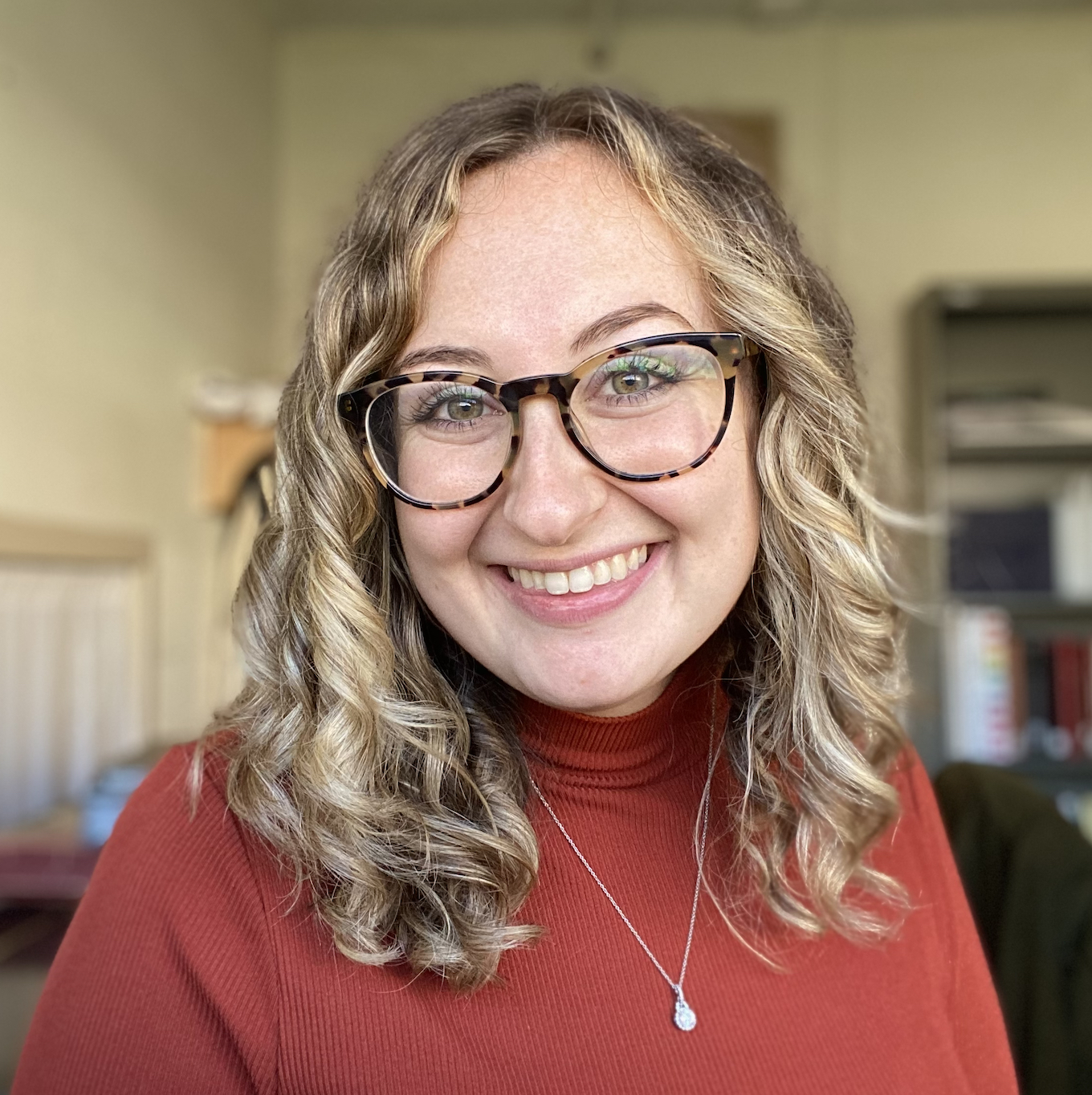
Shannon McAlister (2022–2026; Seasons 2–5) is a PhD candidate in music theory and history and a graduate teaching assistant at the University of Connecticut. She earned her MA in music theory and graduate certificates in disability studies in public health and in college instruction from the University of Connecticut. She completed her BM in music education with a minor in disability studies from the University of Delaware. Shannon’s research interests include pedagogy, disability studies, and the intersection of music and public health messaging.
Website Committee
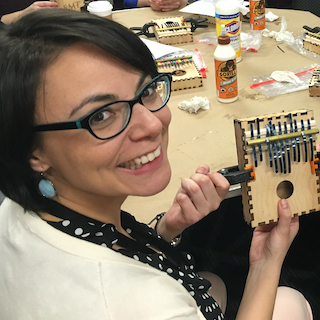
Stefanie Acevedo (2021–2026; Seasons 1–5) is an Assistant Professor of Music Theory at the University of Connecticut. Her research focuses on the analysis and cognition of musical expectation & style and music theory pedagogy. She received her PhD in theory from Yale University, and holds master’s degrees in psychology (University at Buffalo) and theory (Bowling Green State University) and a bachelor's in music composition (University of Florida). Prior to UConn, she taught at the University of Dayton. Stefanie is committed to diversifying the field of music theory by modifying curricula and expanding opportunities for underprivileged and minority groups.
Favorite Podcasts: The So Strangely Podcast, Science Friday, Piano Puzzler
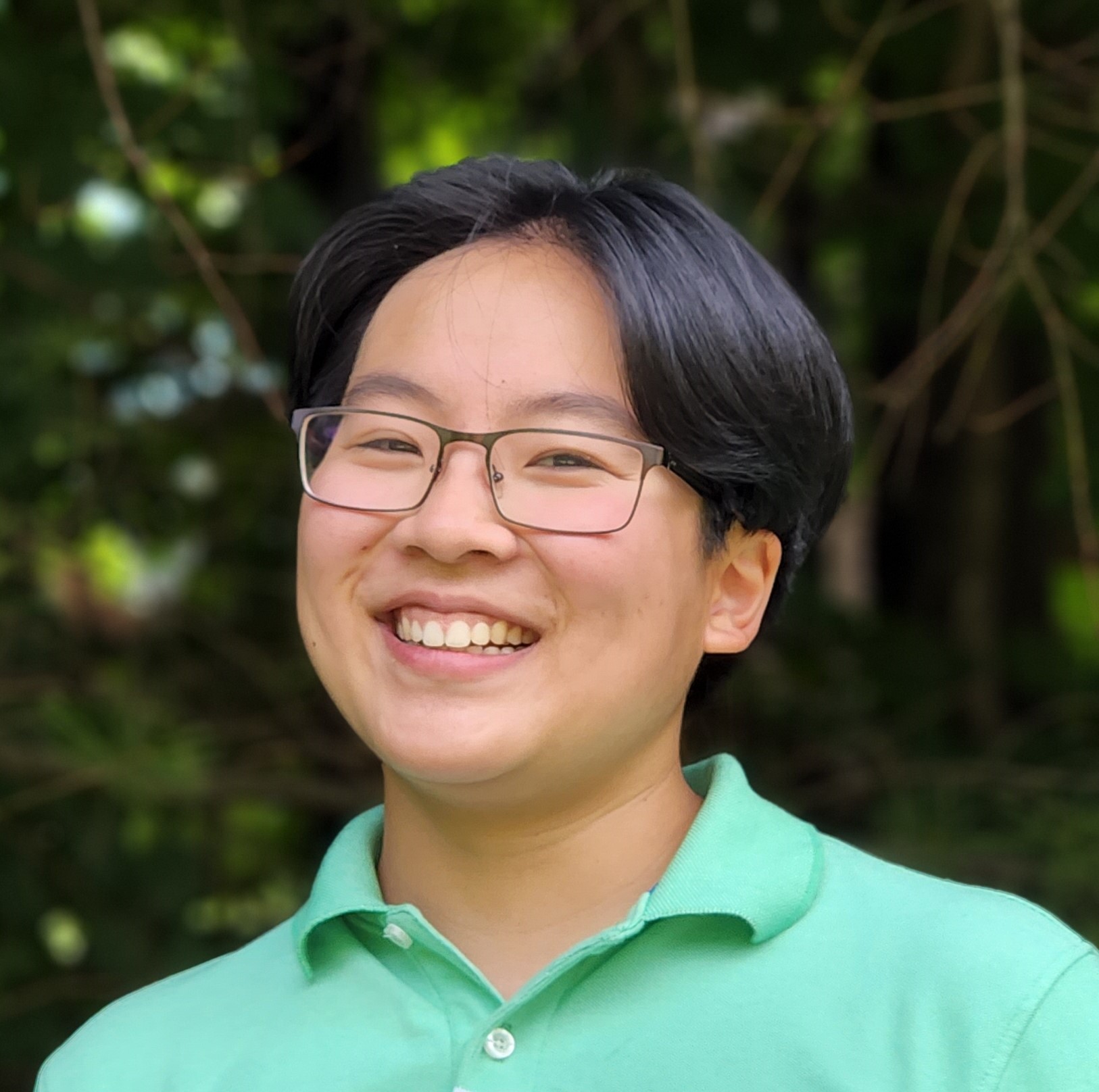
Sylvie Tran (2024–2027; Seasons 4–6) is an Assistant Professor of Music Theory at Michigan State University. Her current research examines portrayals of the American West through lenses of race, gender, and landscape and the environment, primarily in American classical music from the twentieth and twenty-first centuries. Her secondary research, drawing from her experience as a flutist, deals with performance and analysis, particularly the intersubjective aspects of chamber music performance as well as the politics of reorchestration and arrangements/transcriptions. Sylvie holds a PhD in music theory from the University of Michigan and a bachelor’s degree in flute performance from the University of California, Santa Barbara.
Past Editorial Board Members
Editors
Founding Co-Editor: Jennifer Beavers (2021–2024; Seasons 1–3)
Founding Co-Editor: Megan Lyons (2021–2024; Seasons 1–3)
Production Committee
Lydia Bangura (2021–2023; Seasons 1–3)
Richard Desinord (2021–2023; Seasons 1–3)
Anna Rose Nelson (2021–2023; Seasons 1–3)
David Thurmaier (2021–2023; Seasons 1–3)
Katrina Roush (2021–2025; Seasons 1–4)
Amy Hatch (2024–2025; Season 4)
Composition Committee
Thomas Yee (2021–2025; Seasons 1–4)
Website Committee
William O’Hara (2021–2023; Seasons 1–3)
